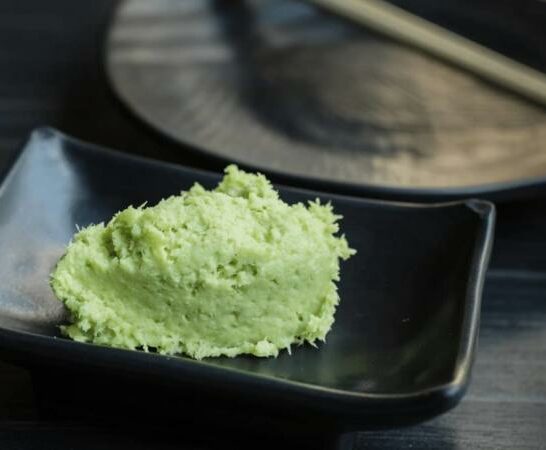Does Wasabi Kill Parasites? You may have heard or read that Wasabi kills parasites in sushi. But is this true? After all, there have been studies suggesting that Wasabi is effective at slowing the growth of certain types of bacteria, but parasites are another story altogether.
If you enjoy eating sushi, is it safe to assume that Wasabi killed anything that may have been present in the raw fish? Or is it even safe to eat sushi at all?
Since many people across the world enjoy this delicacy and few get sick, it’s only natural to assume that some ingredient killed any harmful parasites and bacteria- if these microscopic creatures were present in the sushi at all. But is Wasabi the secret ingredient?
Does Wasabi Kill Parasites?
Wasabi does not kill parasites. While Wasabi was originally used to kill harmful bacteria and parasites, before modern food preservation methods were developed, it has been found to be ineffective at killing parasites. However, scientific studies have suggested that it may slow the growth of certain bacteria.
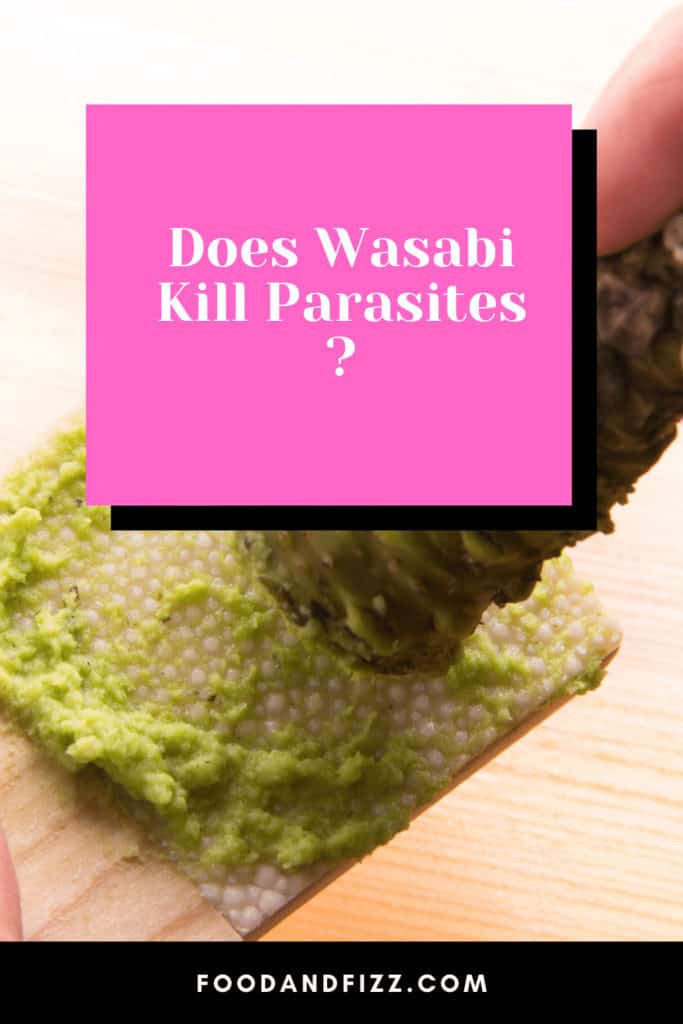
Wasabi doesn’t kill parasites
Although many people still believe that Wasabi kills parasites, this is a myth – and one that could potentially make you very sick. Many years ago, the Japanese believed that eating Wasabi with their sushi would kill any bacteria and parasites.
But back then, Americans believed that a lobotomy would cure mental illness and that cigarettes were not harmful to your health. Neither assumption was correct.
Modern science and medicine have come a long way and have subsequently debunked many formerly held beliefs. It’s now known that Wasabi simply doesn’t have enough anti-parasitic components to effectively kill parasites.
Additionally, the Wasabi that is now served at many sushi restaurants isn’t really Japanese Wasabi. Authentic Wasabi is very expensive and hard to grow, so you may be getting regular old horseradish served alongside your sushi.
While horseradish still brings out the flavor of the sushi and may fight bacteria, it certainly doesn’t kill parasites.
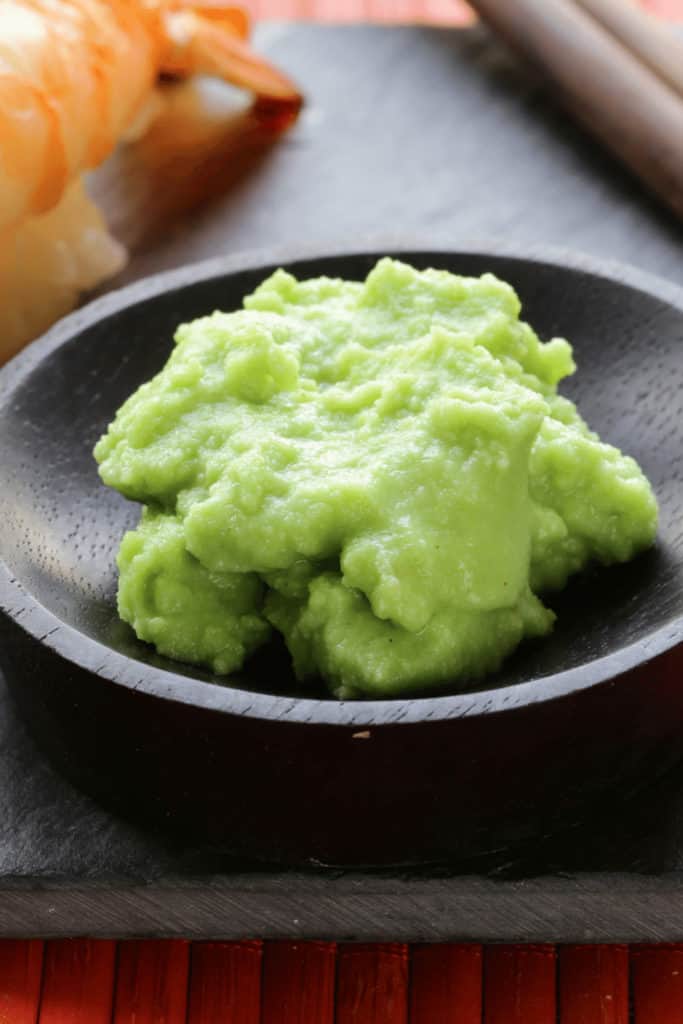
Wasabi may slow the growth of bacteria
If you’ve read that Wasabi can kill bacteria and prevent food poisoning, your sources were correct. Wasabi has been scientifically proven to slow the growth of e. Coli, H. pylori, and other types of bacteria have been linked to food poisoning.
So, Wasabi is indeed good for you, as it can help prevent some types of food-borne illness in addition to its many other health benefits. But just because it turned out that the ancient Japanese were right about Wasabi having anti-bacterial effects doesn’t necessarily mean that they were right about parasites.
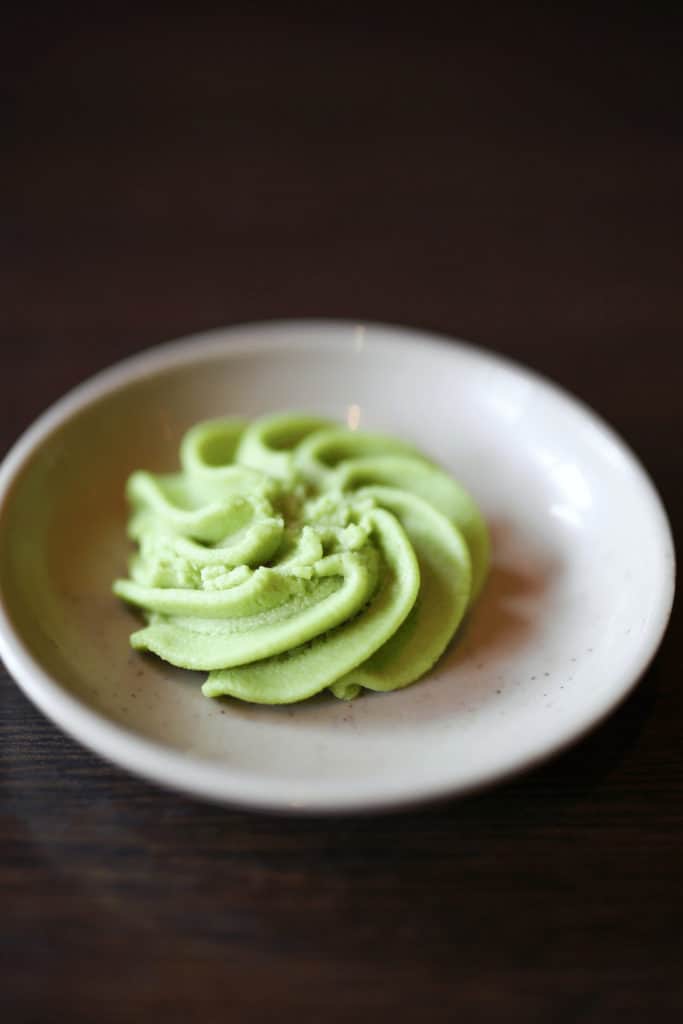
Parasites found in sushi can make you sick
Sure, many people enjoy sushi every day throughout the world and few of them get sick. So, it’s understandable for you to assume that it’s safe to consume raw fish. But this isn’t the case.
Even though it’s relatively rare for a person to develop a parasitic infestation after eating sushi, there is a risk involved when you consume any raw or undercooked eggs, meat, poultry, or fish. If you read the fine print on menus and food packages, consider yourself warned.
That said, the restaurant staff would probably notice if there was a worm crawling around in the sushi roll and wouldn’t serve it to you. But then again, waiters and cooks have been known to overlook a strand of hair on the plates they are serving to customers, so you never know – especially if you are dining at an all-you-can-eat sushi bar.
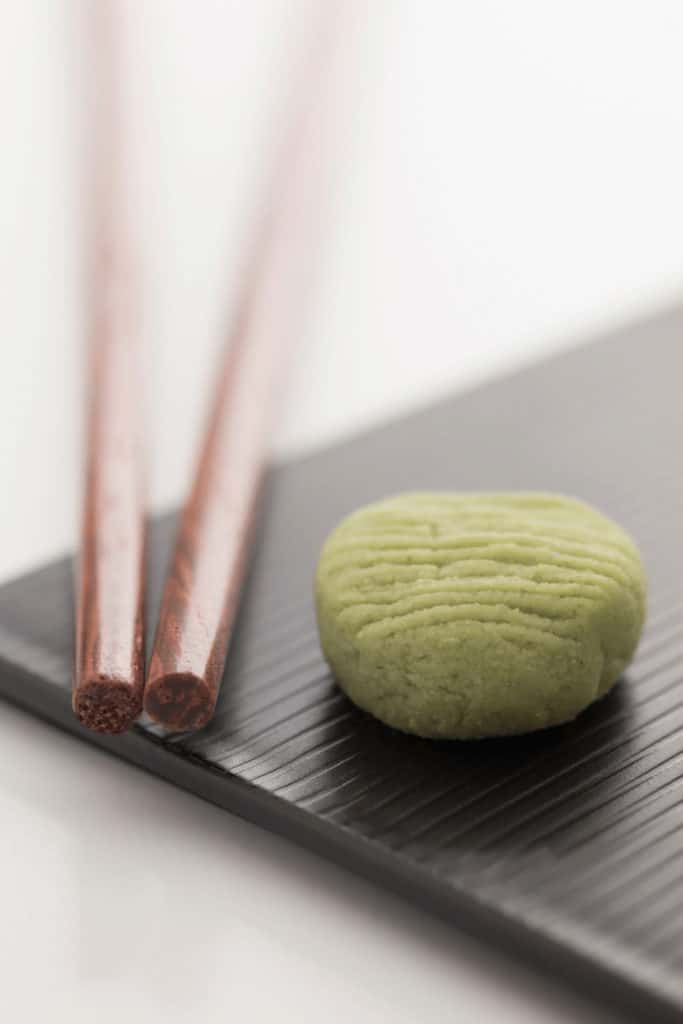
How to enjoy sushi without becoming sick from parasites
As sushi has increasingly become a more popular delicacy worldwide over the last forty years, there has been a substantial increase in parasitic infestations linked to raw fish. Eventually, either yourself or a fellow patron at your favorite sushi restaurant may become sick- and Wasabi will do nothing at all to prevent it.
Even so, parasitic infestations are still relatively rare as most grocers and restaurants know how to identify and remove parasites the second they spot them in a sushi roll. Aside from that, freezing the sushi before eating it will kill many parasites.
If you want to keep enjoying sushi without becoming sick from parasites, purchase your sushi from your local grocery store and freeze it for a week before eating it. Sushi chefs know enough to do the same thing, so eating sushi from your local restaurant should be fine. But you never know.
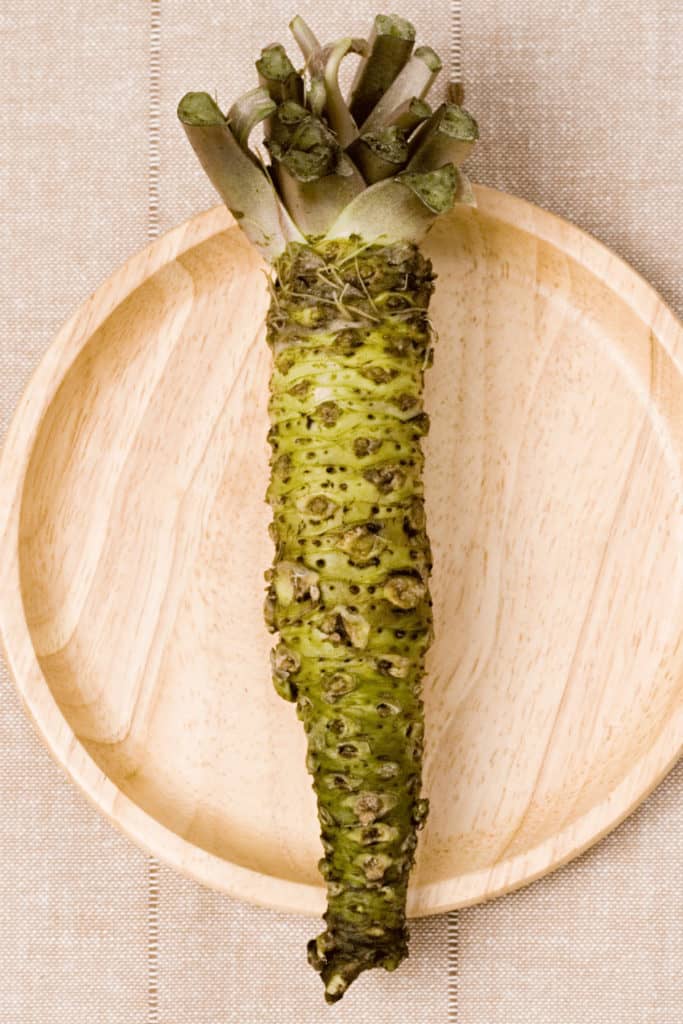
Frequently Asked Questions About Does Wasabi Kill Parasites
Why is Wasabi served with sushi?
While Wasabi was originally served with sushi to fight bacteria and parasites, it’s been found to be ineffective for this purpose. However, Wasabi brings out the natural flavor of the sushi without covering it, so Wasabi and sushi continue to be served together.
What are the health benefits of Wasabi?
Although Wasabi has very few anti-parasitic properties, it can reduce the risk of food poisoning, lower blood pressure, and improve the function of your respiratory system. Additional benefits of eating Wasabi include lowering cholesterol, preventing cavities, and treating symptoms of arthritis.
How are you supposed to eat Wasabi with sushi?
Ideally, you should dip one side of your sushi roll in the Wasabi and dip the other side of the roll in soy sauce to achieve a balance of both flavors. If you are enjoying sushi with a side of ginger, you should place the ginger in your mouth before eating the sushi.
Conclusion About Does Wasabi Kill Parasites
Sushi has been enjoyed as a Japanese delicacy for centuries, and many years ago Wasabi was believed to kill the bacteria and parasites in the raw fish. But like many developments in modern medicine, this strategy has been found to be outdated and ineffective.
Fortunately, there are new methods of food preservation that can reduce the risk of food-borne illnesses. While there is no surefire way to eliminate the risk of parasites in sushi, freezing the fish prior to serving it has been found to be somewhat effective.
Although Wasabi doesn’t kill parasites, it can slow the growth of bacteria. Also, Wasabi increases the flavor of the sushi and has many health benefits. If you are worried about parasites, you may want to skip the sushi bar. But if you love sushi and are willing to take the risk, dipping it in Wasabi will make your meal a healthier and more flavorful experience.

